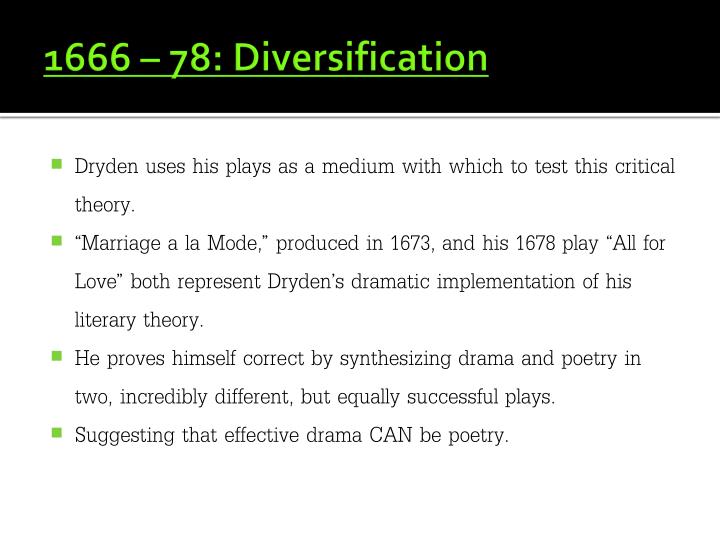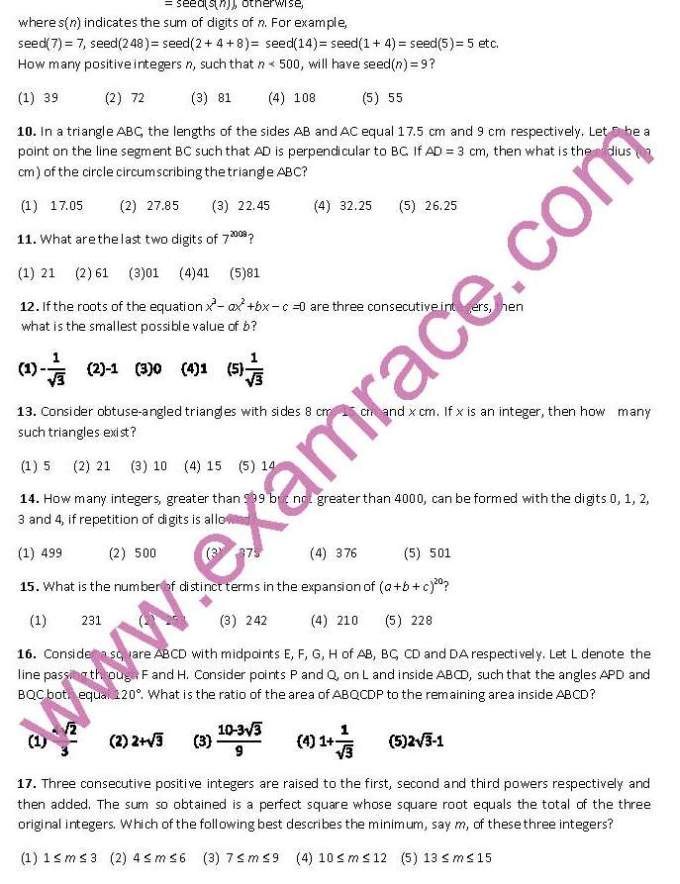Macbeth Literary Essay: Fair Is Foul And Foul Is Fair.
The Witches make the statement “fair is foul, and foul is fair” (1.1.11). The phrase employs, as it foreshadows, the deception of Macbeth - that the prophecies of witches would lead him to greatness, and destroy him. “Foul is fair” in Macbeth’s view is portrayed though the murder of King Duncan.
Macbeth Literary Essay: “Fair is foul and foul is fair” In the play Macbeth by William Shakespeare, the characters are often mislead by the impression of reality. The quote “fair is foul and foul is fair” (Shakespeare 1.1.12), is said by the three witches. This quote is very significant, as it is an elaborate theme throughout the play.

Macbeth- ambition and hamartea. Macbeth's Blind Ambition. In the play Macbeth the three witches present the prophasies and apparitions to Macbeth, and Banquo. The apparitions and prophasies convert Macbeth's role from good to evil, they play on Macbeth's hamartea of ambition, and they also confuse Macbeth.

Theme in Macbeth: “Fair is foul, foul is fair” Macbeth’s theme in one word is EQUIVOCATION (of double or doubtful meaning, questionable, ambiguous). Equivocation is prevalent throughout the play.

Essay Macbeth By William Shakespeare And Ambition. the foul stench of foul play. When someone is so caught up in what they are doing to achieve a goal, their actions can be immoral and their victory is not always fair.

Macbeth 's Ambition For Power. he gains power. This directly relates to the play Macbeth by William Shakespeare, because Macbeth had all the things Nietzsche is talking about, health, food, and a place to live; nonetheless was still willing to go to great lengths in order to obtain more power.

The Tragedy of Macbeth: Fair is foul, and foul is fair Essays 508 Words 3 Pages The greatest writer in the English language, William Shakespeare, used diction, syntax, and vivid imagery to develop his own sense of style in which he employed into The Tragedy of Macbeth.

Shakespeare uses the characters in Macbeth to develop the theme of fair and foul into a major contributor to the plot and progression of the play. The dominant theme of fair and foul is first introduced in the opening scene of the play as three witches chant, “Fair is foul, and foul is fair; hover through the fog and filthy air” (1.1.12-13).

Foul is Fair and Fair is Foul: The Paradoxical Nature of the Three Witches in Macbeth Destiny Salter 12th Grade. The nature of the three witches in Shakespeare’s Macbeth is a controversial subject. Mildred Tonge suggests in her essay Black Magic and Miracles in Macbeth that the witches represent women that serve a dark power, most likely.

Despite the number of times the witches repeat “Fair is foul, and foul is fair” as if things do not have an unchangeable fixed nature or operate according to self-evident truths, Macbeth testifies to the objectivity of natural law and universal knowledge of good and evil known to conscience and written on the heart and mind of all persons. Good and evil, beauty and ugliness, male and.

FreeBookSummary.com. MACBETH TEXT RESPONSE The statement by the witches in Act 1 Scene 1, “fair is foul and foul is fair”, perfectly describes the play Macbeth. It also relates to deception, because nothing is actually what it seems. Examples that represent these themes include the witches deceiving Macbeth (apparitions) into thinking he is invincible, Lady Macbeth constantly questioning.

Throughout William Shakespeare's play of Macbeth ambition is a prevalent theme in many of the acts. Though ambition tends to coincide with success, in this play it leads to the self destruction of many, including Lady Macbeth, Malcolm and Macbeth himself. Lady Macbeth is a deeply ambitious woman who strives for power.

Blind Ambition in Macbeth Essay. Throughout the play Macbeth, by William Shakespeare, the reasoning of Macbeth and Lady Macbeth is completely subverted and undermined by their insatiable ambition. Macbeth was at first reasonable enough to keep his ambition in check, however it eventually became to strong for even Macbeth and therefor over.



